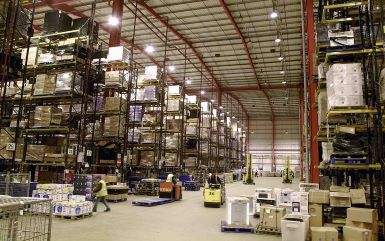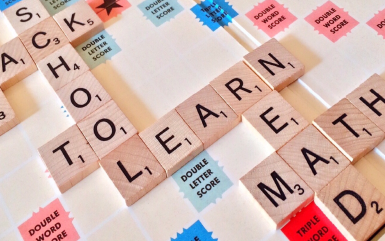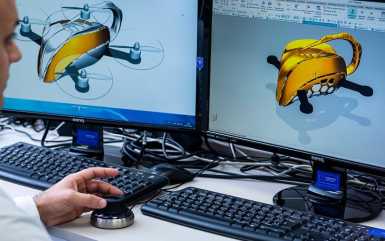Description
Target audience
Unemployed active workers, mainly in the plastics-chemical sector.
CV Faculty
Mr. Ruperto Martínez: Industrial Technical Engineer, specializing in Industrial Design. Since 2006, specialist technician at the Instituto Tecnológico del Juguete (AIJU). Extensive experience in product development both for advising companies in innovation and technology transfer, as well as for the development of new commercial products. Expert in design for mass production at industrial level. Extensive training in design, finishing and machining of parts and rapid prototyping. He has participated in several conferences and training courses related to Additive Manufacturing. Extensive experience in technological services and services to companies in different industrial sectors. He currently provides services to companies, project management and training to companies in relation to these issues.
Mr. Ignacio Seguí: Industrial Technical Engineer, specializing in Industrial Chemistry. Since 1995, specialist technician at the Instituto Tecnológico del Juguete (AIJU). Researcher in a large number of national and international projects related to computer-aided design, automation in digitizing systems in CAD-CAM environments, mold configuration and other topics. Advisor to companies in innovation and technology transfer. Expert in virtual reality, augmented reality and computer-aided engineering. He is the author of several patents. He has participated in several publications and is a speaker at congresses, conferences and training courses related to these topics. Extensive experience in technological services and services to companies in different industrial sectors.
Objectives
– Interpret sketches, plans and templates to obtain a mold or model.
– Graphically represent molds or models for the transformation of polymers.
Content
1. Representation systems for molds or models for the transformation of
polymers
– Dihedral System: Fundamentals.
• Planos de proyección.
– Projections of point, line and plane.
– Traces.
– Intersection, parallelism and perpendicularity.
– Distances.
– Downs, turns and changes of plane.
– Representation.
– Flat sections.
– Specific details of molds or models: injection points, injection channels
feeding and vacuum systems.
2. Interpretation of drawings for molds or models for the transformation of polymers.
– Fundamentals. Standards on the representation of industrial parts.
– Choice of views.
• Sketching.
• Representation of industrial shapes.
• Organization of views, cuts and sections.
• Scales.
• A- Interpretation of a drawing.
3. Dimensioning principles for molds or models for polymer processing.
– Dimensioning systems. Application of dimensioning rules.
– Tolerances:
– Fundamentals. Types of adjustments. Nomenclature. Selection of settings. Consignment of
tolerances in the drawings. Standards on dimensioning with tolerances.
• Geometric tolerances: Shape and position tolerances. Superficial signs and
written instructions.
Price
FREE. The training is completely free of charge as it is financed by LABORA. The Training Plan is aimed primarily at employed workers -preferably in the plastics/chemical sector- (working professionals who are registered on the first day of the course in the general Social Security system or as self-employed). Unemployed persons may also participate.
Academic entrance requirements for students
In order to take the training, students must be able to prove that they have at least one of these degrees:
1) Compulsory Secondary Education (ESO)
2) Certificate of professionalism level 2
3) level 1 certificate of professionalism of the same family and professional area.
4) Fulfill the requirement of access to intermediate level training cycles, or have passed the corresponding entrance exams.
5) Have passed the university entrance exam for people over 25 and/or 45 years of age.
6) To have accredited the key competences of level 2.





